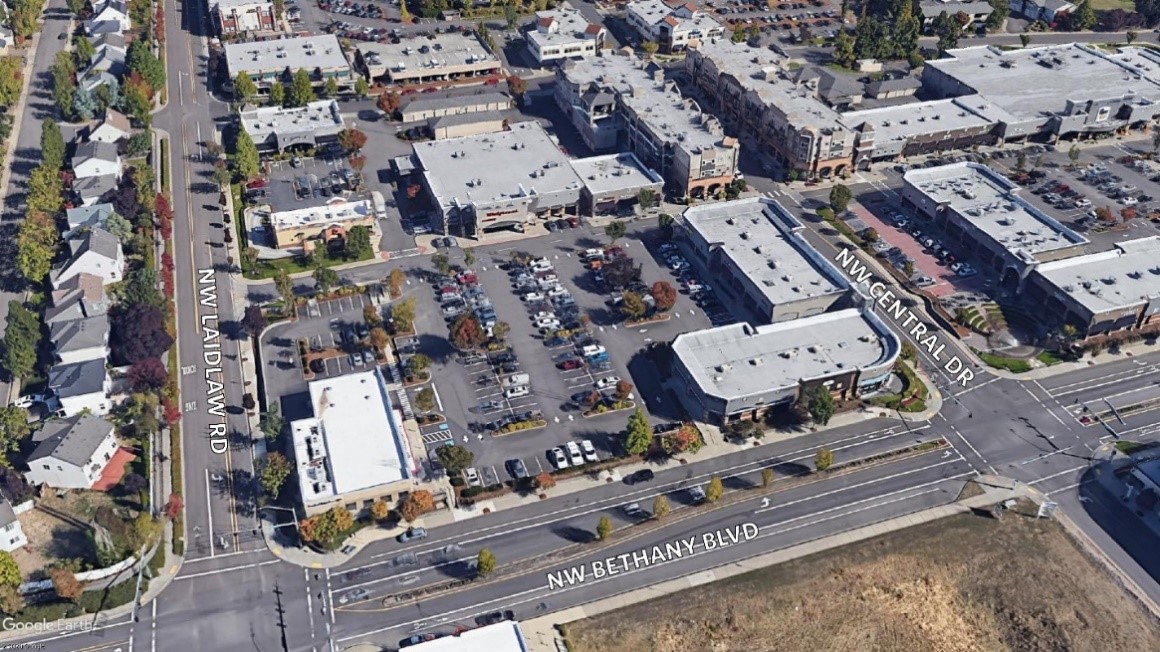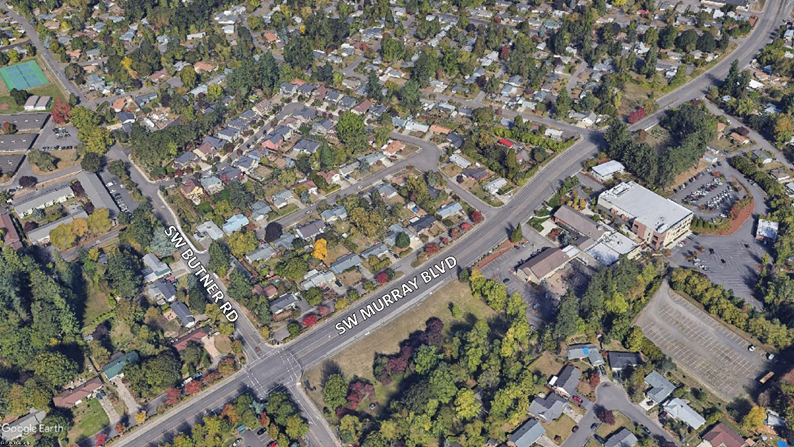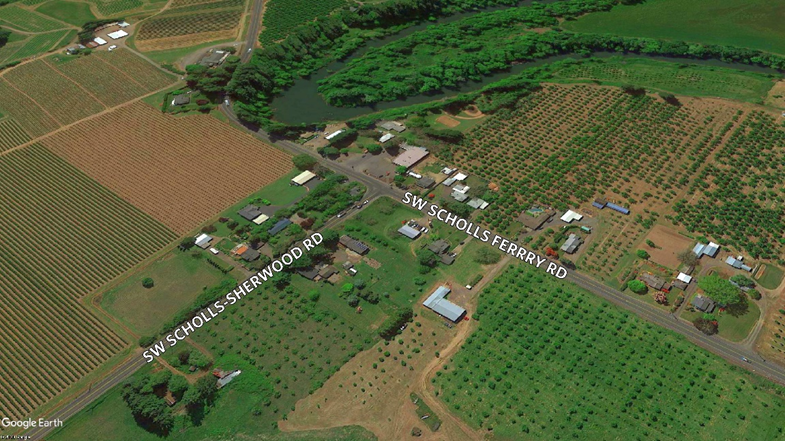![]() The proposed Complete Streets Design Update incorporates community character as a consideration into the Road Design and Construction Standards by including design options for different areas within Washington County. The result is roadways that better reflect the character of the surrounding community.
The proposed Complete Streets Design Update incorporates community character as a consideration into the Road Design and Construction Standards by including design options for different areas within Washington County. The result is roadways that better reflect the character of the surrounding community.
The proposed update includes three types of Washington County areas that have different characters and needs. Each area has a different set of roadway standards to reflect the community’s vision and uses of these areas.

Town Center, Main Street or Station areas are pedestrian friendly with lots of commercial and residential activity accessed by bicycles, on foot, public transportation and cars.
These areas may include medium- to high-density residential, office, retail, service and public spaces. Block sizes are often small with frequent crosswalks. Sidewalks are wider and include benches and special street lighting. Examples of these areas in Washington County include the Cedar Mill Town Center at Cornell Road and Murray Boulevard, Bethany Town Center at NW Bethany Boulevard and NW Laidlaw Road, and the Aloha Town Center at Tualatin Valley Highway and 185th Avenue. This designation reflects the future vision of these areas, which may not match all the current development.
Proposed design updates include:

These areas are more focused on vehicle travel than the Town Center, Main Street or Station areas. There is usually a variety of land uses, such as homes, schools, apartments, places of worship, stores and other businesses. Residential areas tend to be low-density, single-family or low-rise multifamily developments. Retail and commercial areas are generally shopping centers, stand-alone retail stores or campus-style developments like Nike.
Proposed design updates include:

Rural areas are made up of farm and forest lands with small commercial areas and large residential lots. Passenger vehicles, freight vehicles, slow-moving farm equipment and bicyclists share the roads. Development and roadway improvements are heavily regulated by state planning rules.
There are no proposed changes to the current standards within rural areas.